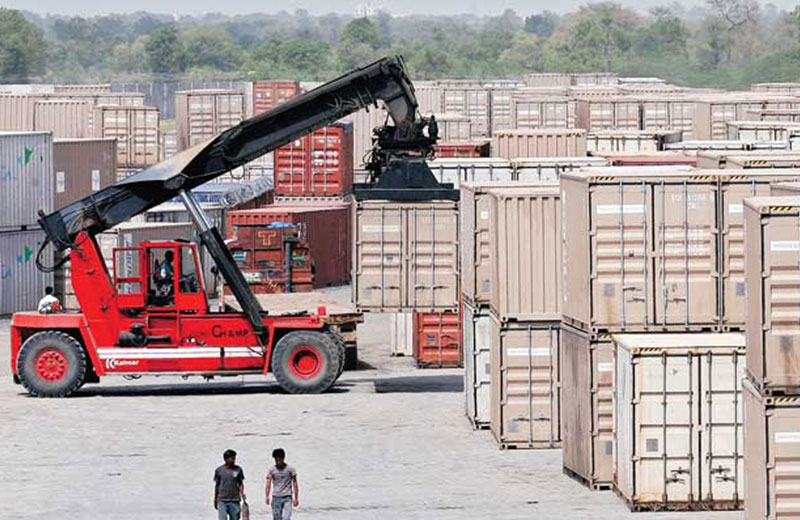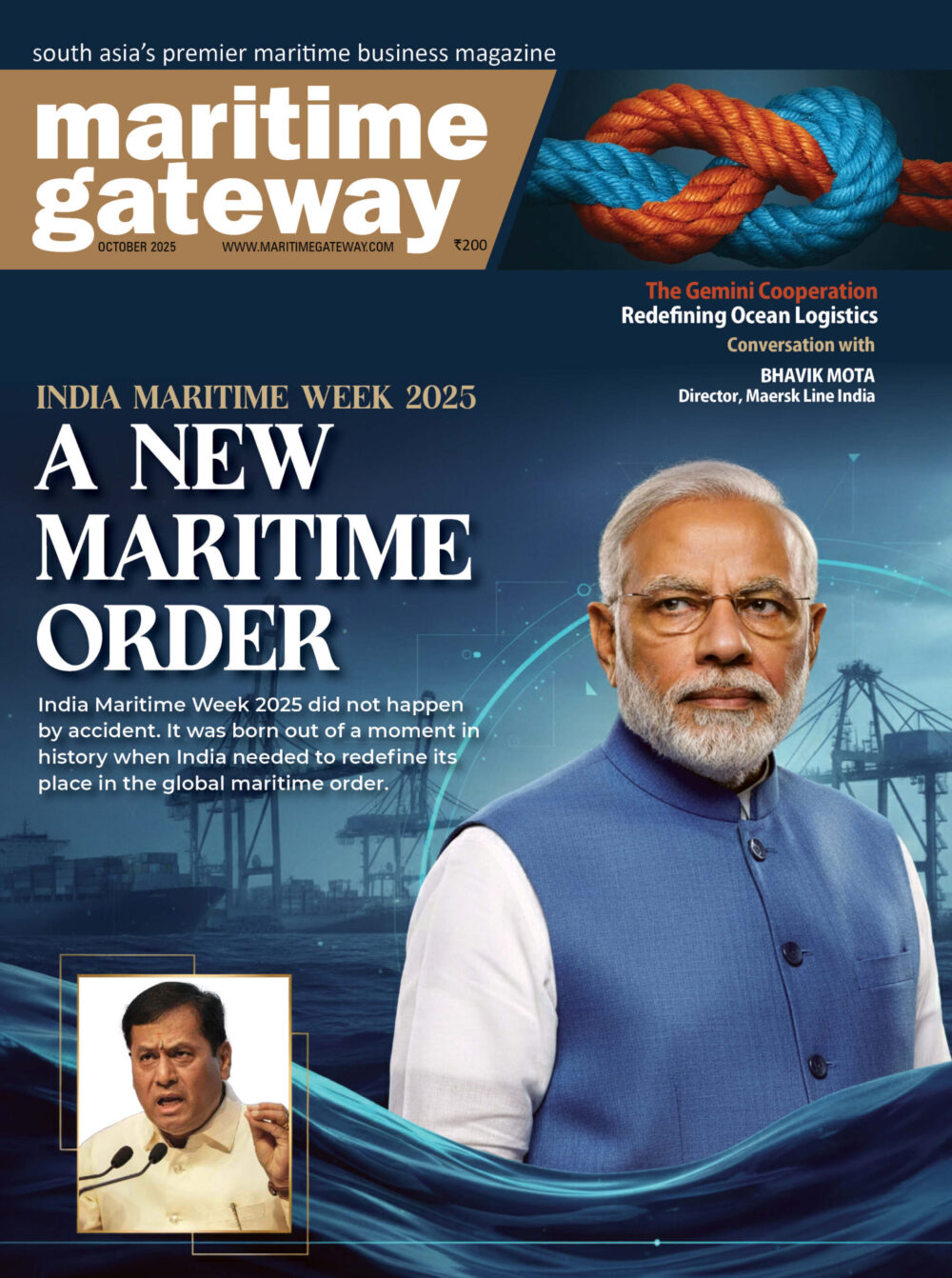November 4, 2020: Amid the government hiking import duties on a slew of products to help boost local manufacturing, a report on Monday pitched for lowering such levies, saying higher duties will not promote competitive manufacturing but may lead to inefficiency.
Since the beginning of 2000, successive governments have been eyeing a quarter of the GDP to come from manufacturing by 2025 but not much has moved in that direction.
Between 2004 and 2017, the incremental gain in the country”s manufacturing global share is a low 1.5 percentage points to 3 per cent, while China has gained a whopping 18 per cent share, SBI Research said in a report on Monday.
The report also noted that even with such a negligible gain, the country is the sixth-largest manufacturing economy globally, controlling 3 per cent of global output.
“If we were to build self-reliance, increasing tariffs is not the way to go. Rather, the focus should be on building the right infrastructure that can help make our manufacturing more efficient, which can make our exports more competitive. Also, the government should focus more on easing the processes for businesses to function easily,” the report said.
To accelerate the progress towards local manufacturing, the report said, “We need to reduce import tariffs as we have one of the highest weighted average tariffs in the world on manufacturing… Higher duties do not improve productivity but are tantamount to taking the easy route and ignoring efficiency and quality”.
A mere 1 per cent hike in import duties leads to a USD 2 billion worth decline in imports on average, the report said.
In the export basket, the highest share is of consumer goods, followed by intermediate goods and these two attract the highest tariffs in the import basket, thus making a case against the fact that higher import tariffs have not protected these industries, according to the report.
On the contrary, the report said, other countries with much lower tariff structures than ours have built strong manufacturing bases, which have helped them in exports.
High tariffs are impacting the country”s position in global value chains, wherein both backward and forward integration is needed.
Though our higher import duties are primarily due to poor forward supply chain linkages, it can actually boomerang on us creating a self-sustaining manufacturing base. This is because only by enhancing manufacturing competitiveness, we can increase our exports and not by raising tariffs, it noted.
Further, the report said successive data-prints show manufacturing production growth has been dismal in the late 1990s through the early 2000s.
Barring three years from 2005-08, “we have never experienced double-digit manufacturing growth as a result the share of manufacturing in overall GDP has also stayed in the 15-18 per cent range over the past several years,” it said
Source: OUTLOOK









